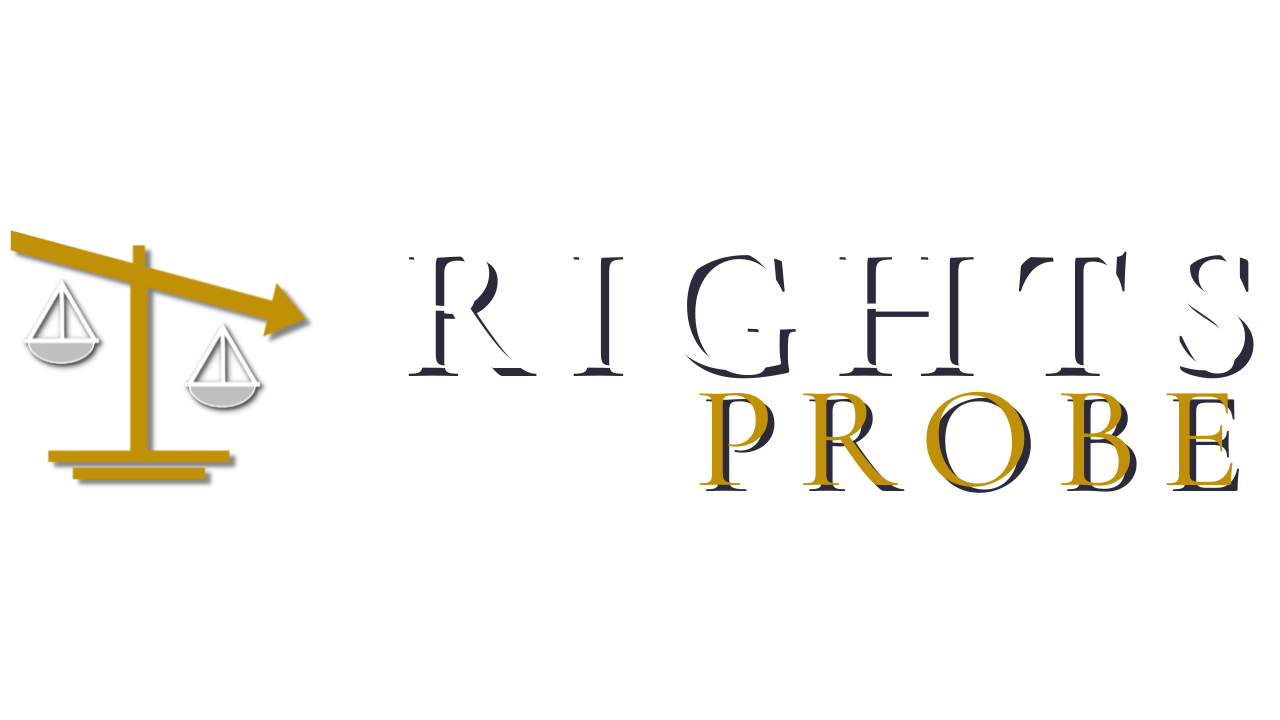Once again, Ontario lawyers must stand up to the thought police
By Bruce Pardy | Special to the National Post
The College of Psychologists of Ontario wants to re-educate Jordan Peterson for criticizing Justin Trudeau on social media. Nurse Amy Hamm is presently before a disciplinary panel of the B.C. College of Nurses and Midwives for saying that biological sex is real. Numerous doctors have been sanctioned for expressing medical views contrary to official government COVID policies. Across the country, regulators are censoring, disciplining or ousting members of their professions who fail to comport with their political imperatives. A new standard of practice is emerging for Canadian professionals: be woke, be quiet, or be accused of professional misconduct.
The Law Society of Ontario led the way. In 2018 it required lawyers and paralegals to adopt and abide by a “statement of principles” (SOP) that acknowledged their obligation to promote equality, diversity and inclusion (EDI) in their affairs, both professional and personal. But before this ideological litmus test could be fully implemented, some Ontario lawyers stood up to the thought police. The time has come to discover whether they can do so again.
When the SOP requirement was first imposed, most licensees complied. But a determined group of 22 lawyers, known as “StopSOP” (Stop the Statement of Principles), ran for seats on the society’s governing body on the platform of repealing the SOP. It turned out that more Ontario lawyers opposed the measure when they had an option to vote against it confidentially and the StopSOP candidates won 22 of 53 seats at “Convocation.” Despite their minority position, they managed to get rid of the requirement.
But the SOP was only one small part of an aggressive identitarian agenda that remains in place. Incorporating the substance of the SOP into the Rules of Professional Conduct, tracking and publishing the racial makeup of each firm over 25 lawyers, and requiring licensees to take compulsory re-education programs in EDI are among the many items still on their list of things to do. Over the past four years, the presence of the StopSOP benchers has kept the law society’s activist agenda largely in check, but it is ready and waiting for the “troublemakers” to be vanquished in new elections this spring.
Once upon a time, professional regulatory bodies ensured competence and ethical practice. Your dentist should know how to drill teeth. Your real estate lawyer should be able to search title and not skim funds off your trust account. Protecting the public from incompetence and fraud has traditionally been the rationale for allowing the professions to regulate themselves.
But now competence is being reimagined through an ideological lens. Conformity of speech and opinion is the order of the day. The Canadian Medical Association’s Code of Ethics and Professionalism, for instance, requires physicians to express views that are “widely accepted” in the profession — and regulators, of course, have the power to determine what those might be. Patients and clients should not assume that their doctors, lawyers, accountants or psychologists are independent actors at liberty to provide informed, educated, professional opinions, rather than spokespersons for the official views of their professional overlords.
One would have hoped that law societies would at least observe the principles of due process in their inquisitions. Alas, it is not to be. In Peterson’s case, the College of Psychologists has directed him to undergo re-education even though a disciplinary hearing has not yet been held. That, to use the technical term, is putting the cart before the horse. Remedies and punishments are supposed to be imposed only after a matter has been adjudicated and an accused found guilty. And yet, the law society proposes to give its Proceedings Authorization Committee similar powers to require lawyers to submit to re-education — even if the committee concludes that there are no grounds for a disciplinary hearing. Failure to comply will itself constitute professional misconduct. The process is the punishment. Kafka would be proud.
No profession requires independence more than lawyers, who are the last line of defence against authoritarian orthodoxy. When Jordan Peterson and Amy Hamm are targeted for colouring outside the lines of approved groupthink, they must be able to turn to lawyers to defend their rights. If the lawyers are under the same thumb, their ability to do that job is compromised.
In his piece “The Suicide of the Liberals,” Northwestern University Professor Gary Morson describes how those confronted with the threat of revolution can be inclined to shrug it off as a temporary aberration. The pendulum is bound to swing back, they might say. “But how does one know there is a pendulum at all,” Morson asks, “rather than — let us say — a snowball accelerating downhill? … What meets no resistance does not stop.”
Once an institution is infected with the ideology of social justice, there is rarely a simple cure. Four years ago, Ontario lawyers voted to make the symptoms recede. But the infection is still present. The question in this year’s Law Society election is whether the healing will continue.
National Post
Bruce Pardy is executive director of Rights Probe, professor of law at Queen’s University, member of the Law Society of Ontario, and a member of the StopSOP team.
Read the original version of this article at the publisher’s website here
